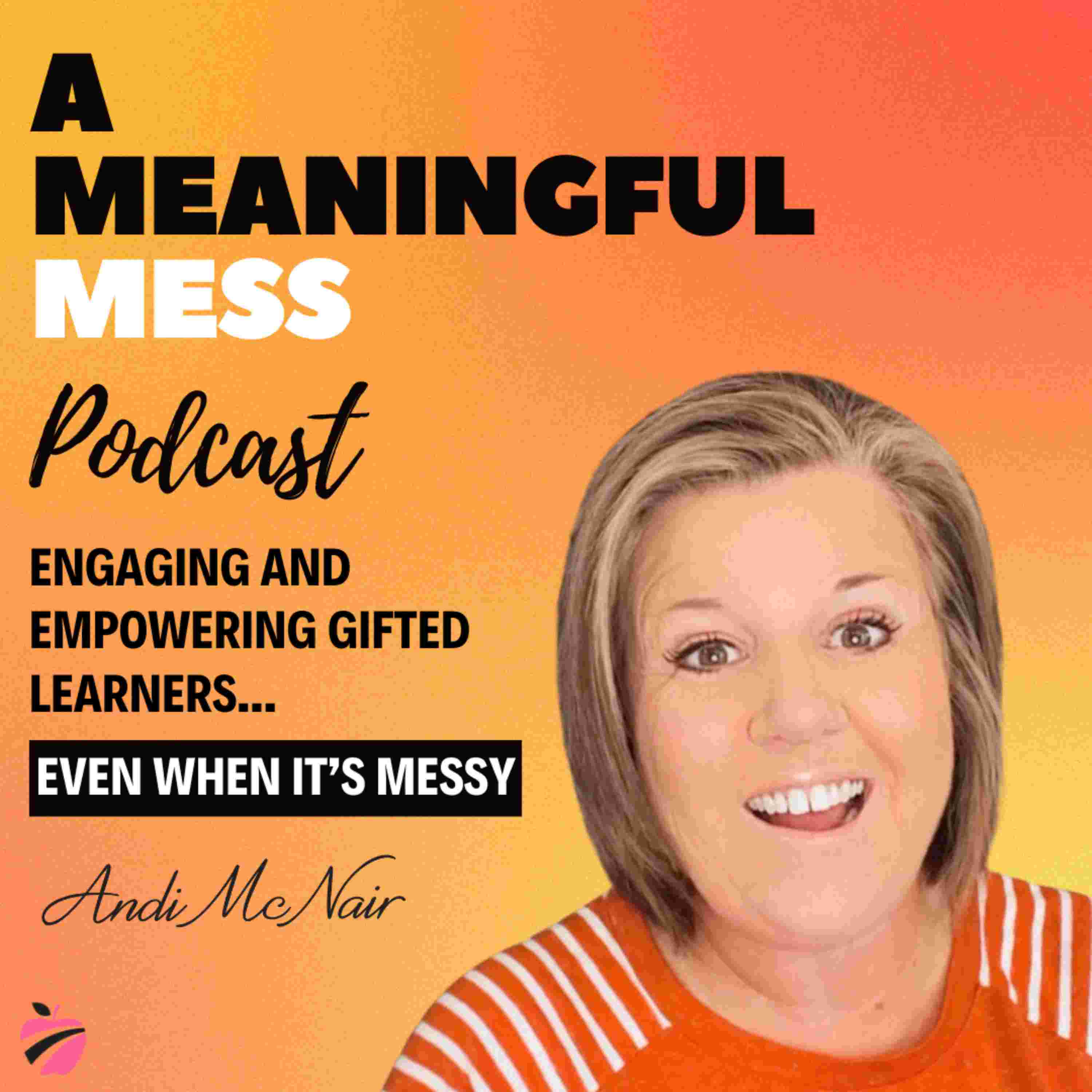

In this episode of A Meaningful Mess, Andi McNair explores the concept of 'Big Talk' versus 'Small Talk' in educational settings. She emphasizes the importance of fostering deeper conversations in the classroom to enhance engagement and learning, particularly for gifted learners. The episode provides practical strategies for educators to encourage Big Talk, including the use of layered questions, Socratic seminars, and silent big talk. McNair advocates for creating a culture of curiosity and depth in conversations, ultimately aiming to transform classroom dynamics and student engagement.
🔑 Takeaways
Big talk is essential for deeper learning.
Surface level conversations limit engagement.
Gifted learners thrive on nuanced discussions.
Building trust is key to fostering big talk.
Modeling curiosity encourages student participation.
Follow-up questions deepen conversations.
Layered questions can scaffold big talk.
Socratic seminars provide structured dialogue.
Silent big talk allows for thoughtful processing.
Creating a culture of curiosity enhances learning.
Resources / Links Mentioned
Classroom Connection
This week, try keeping a simple tally in your classroom: notice how often your students engage in small talk (quick, surface-level exchanges) versus big talk (deeper, layered conversations where ideas are explored).
Then, after you’ve tried implementing some of the strategies from this episode, like conversation ladders, Socratic seminars, or silent big talk, run the tally again. Do you notice an increase in the amount of big talk happening? Even a small shift can be a powerful sign that your students are learning to go deeper in their thinking and dialogue.
If you’d like to keep exploring this idea, I’d love to invite you into my free community, A Meaningful Mess. Inside, you’ll find exclusive resources—including a ready-to-use Conversation Ladder—and a space where you can continue the conversation beyond the podcast.